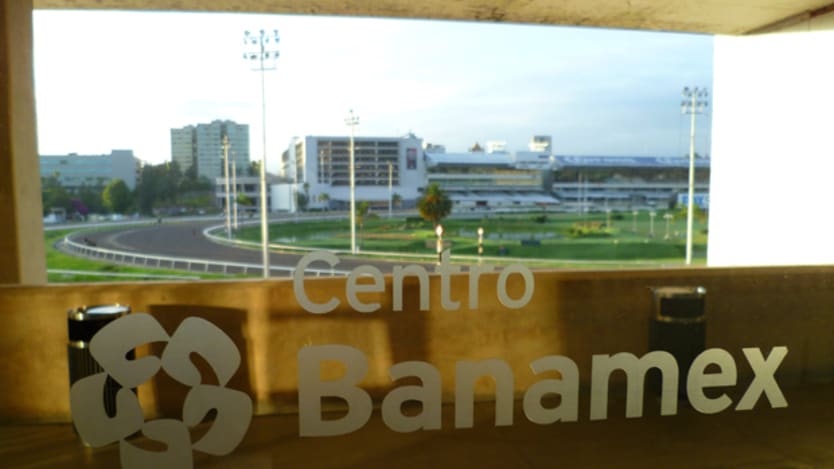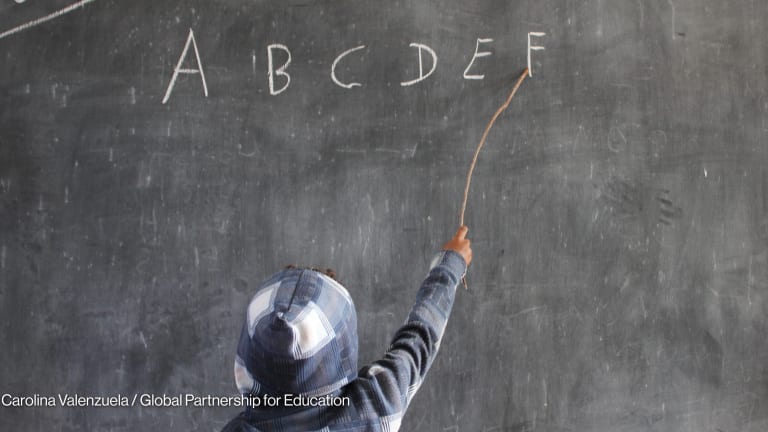
I am looking forward to joining some 100-odd civil society colleagues in Mexico City this week to attend the first high-level meeting of the Global Partnership on Effective Development Cooperation. The GPEDC grew out of a series of meetings on improving aid effectiveness that culminated in Busan, South Korea, in 2011. This week’s meeting will attract some 1,300 senior officials from 161 governments and 54 organizations who will review progress on the commitments made in Busan and how to make sure that the post-2015 global development agenda is implemented as effectively as possible.
Will this meeting really mark “a major milestone in the global fight against poverty” as promised on the GPEDC website? Or will it be just another minor stop on the road to the post-2015 sustainable development agenda? For many of us in civil society, there are three areas where the GPEDC could make a big impact. If this week’s meeting could show tangible progress on these, I for one would leave happy.
Show us the progress
As I have argued elsewhere, we need a paradigm shift in the way that development is delivered, moving from a supply-side driven model built around official development assistance to one that reflects the changing geopolitical and economic realities, is shaped not only by donors, and involves flows beyond aid. By signaling a commitment to mutual accountability, transparency and better institutions, and by going beyond donor governments — other donors, civil society, foundations, business — the GPEDC has the potential to drive this paradigm shift.
Yet, the first progress report on the Busan commitments makes for rather flat reading — showing some examples of improved practice here and there, but concluding that “much more needs to be done.” Admittedly it is early days and only 46 countries provided reports on progress, but we are talking about one of the most important and urgent challenges facing humanity. Civil society will be watching the Mexico meeting to see if the GPEDC process really is ushering in a new paradigm, or simply re-arranging the development furniture.
Show us the accountability
Even if the GPEDC process has not yet delivered huge progress, one might still think of it as a success if those that have failed to live up to their commitments are helped to improve or held to account. In other words, the partnership could be transformative if it nudges or compels key actors to behave differently.
But here, too, there are some worrying signs. Take the commitment that concerns my organization the most — to ensure that “civil society operates within an environment which maximizes its engagement in and contribution to development.” Last year, my colleagues documented some 413 threats to civil society in 87 countries since the beginning of 2012, calling into question what difference the Busan commitments have made. Moreover, there are concerns that the proposed communique coming out of the Mexico City meeting will feature a watered-down version of the Busan commitment to protecting the enabling environment for civil society. On transparency too, there are concerns that the vast majority of Busan signatories are not doing enough and, worse still, suffer no consequences.
Show us the innovation
Even if the GPEDC fails to deliver on either of the above, the wild-card success could involve successfully incubating bold new initiatives that will improve development policy and practice. This is perhaps where I am most optimistic. As a relatively new initiative, looking to show its impact on a crowded international development stage, the GPEDC seems relatively open to innovation. In Mexico City, several new initiatives ranging from a new platform promoting mutual accountability to new principles for how private foundations should be engaged are expected to be showcased. I should declare interest here: CIVICUS will be unveiling the Big Development DataShift — the website will go live Tuesday morning, Mexico time — an ambitious new project to use citizen-generated data to help monitor development progress. If several of these take off, they could end up being key early successes for the GPEDC.
On paper, the GPEDC shows good promise — a new form of partnership, underpinned by ambitious commitments, complete with an indicator framework for measuring progress. Let’s hope it delivers on this promise in Mexico City and beyond.
Read more expert commentary on the GPEDC:
▪ Ngozi Okonjo-Iweala: We must seize the opportunity of the First High-Level Meeting of the Global Partnership for Effective Development Cooperation
▪ Tom Beloe: How to make development cooperation more effective in Asia-Pacific
▪ Rajiv Shah: Ending extreme poverty with a new model of development
The Global Partnership for Effective Development Cooperation is holding its first high-level meeting April 15-16 in Mexico City, Mexico. Follow the Global Partnership at @DevCooperation and Danny Sriskandarajah at @civicussg.
Search for articles
Most Read
- 1
- 2
- 3
- 4
- 5








